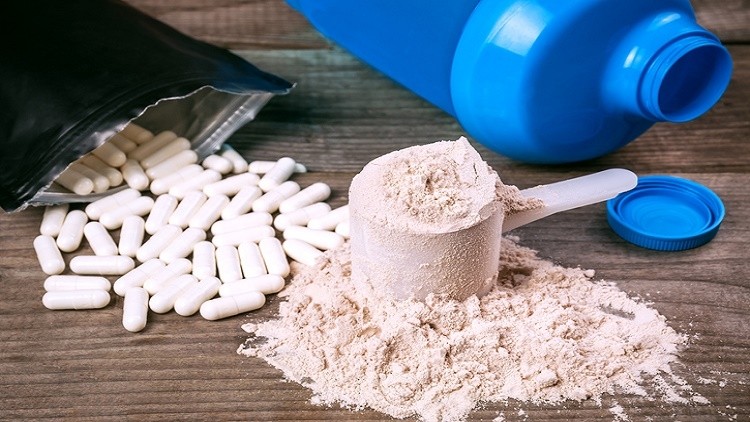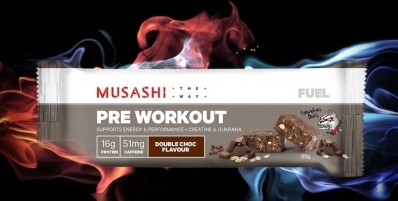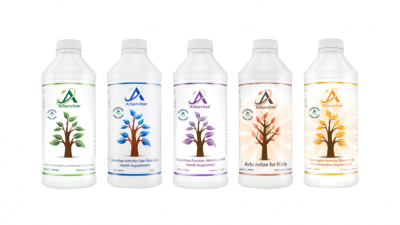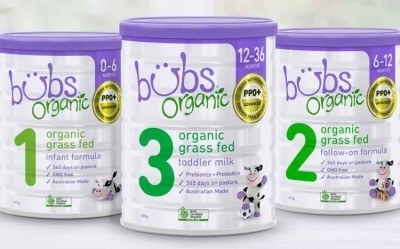Aussie TGA proposes to classify non-food appropriate sports supplements as ‘medicines’

In Australia, most supplements are classified as complementary medicines and are registered by the TGA.
The regulator presently registers complementary medicines as AUST-L products, while medicines are subject to a more thorough assessment and listed as AUST-R.
A public consultation is now underway to consider if sports supplements should be regulated the same way and will end on December 3.
At present, some of the sports supplements on the market, which carry claims for therapeutic use, can be classified as foods instead of therapeutic goods via the Formulated Supplementary Sports Foods framework.
According to the proposal, the TGA has suggested to declare certain sports supplements as therapeutic goods based on the ways they are being used, advertised, or sold.
What to expect
If the TGA’s proposal is passed through, there may be changes to some sports supplements in terms of their formulation, claims, labelling, and advertising.
Products that are appropriately listed Formulated Supplementary Sports Foods and contain ingredients appropriate for food will still be available in the market as foods.
Otherwise, the products may reappear on the market as medicines, in which manufacturers are required to change the manufacturing, formulation, labelling, or advertising of the products to meet the requirements for therapeutic goods.
Products that are presently available but are unsafe for use due to the presence of inappropriate substances, might be removed from the market as the TGA takes regulatory action.
Case studies
In its consultation paper, the TGA has highlighted a number of case studies to illustrate the problem of classifying certain sports supplements as foods.
One example is a pre-workout powder that provides choline supplementation.
The TGA proposed the product to be classified as a medicine, as it has made therapeutic use claims, such as “boost energy”.
Moreover, the amount of choline that it provides has exceeded the maximum amount for a formulated supplementary sports food.
However, at present, the product could be classified as a food via the Formulated Supplementary Sports Foods framework.
Another example is a capsule product that contains the active ingredient Endurobol.
According to TGA’s proposal, it should be classified as a medicine, as it contains endurobol – an ingredient included in schedule 10 to the Poisons Standard.
However, under at present, the product could be classified as a food product under the Formulated Supplementary Sports Foods, since this framework does not expressly exclude products which contain such substances.
Past and recent controversies
In its consultation paper, the TGA cited two studies from 2016 and 2017, which analysed the prevalence of non-compliant products present in the market.
For instance, a report from 2017 showed that more than one in 20 sports-related supplements contained anabolic steroids that were not declared on the product labels. It concluded that there has been a “real health risk and doping violation risk” for athletes consuming sports supplements.



















